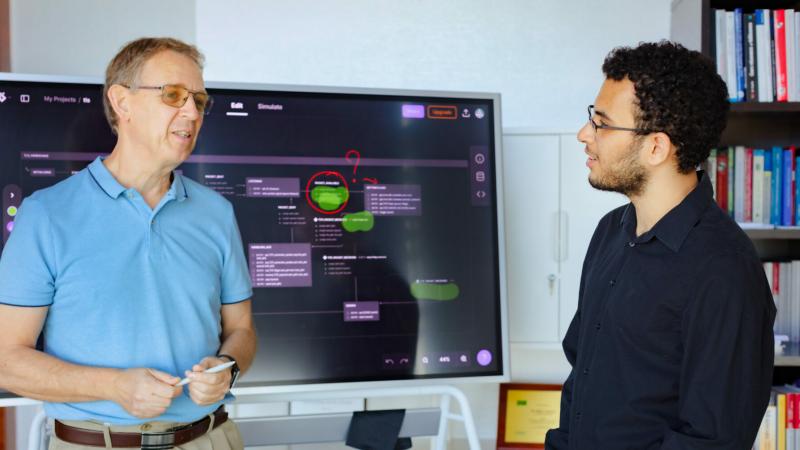
Security Research Bearing Experimental Results
Research group areas of expertise and current scientific interests
Intrusion detection, intrusion tolerance, network security, cybersecurity, threat intelligence, fraud detection.
Professor Marc Dacier leads the so-called SeRBER research group, which stands for “Security Research Bearing Experimental Results”. The activities of the group are mostly centered around network security problematics and, as the name of the group implies, the emphasis is put on the experimental validation of the novel solutions derived from our research. Several axes of research are explored in various projects, but they all have in common to start from a real-world problem that needs to be solved thanks to novel and concrete solutions. Among the topics studied by members of the team, it is worth mentioning the security issues related to IoT and OT networks, e-gaming environments, or web scraping bots.
Please follow the links offered below to find out more about the currently ongoing projects but also about the internship opportunities that exist within the team. The group, as you can see by looking at the people profiles, is extremely diverse, and we always welcome excellent students passionate about networking security.
Watch Related videos to SeRBER
